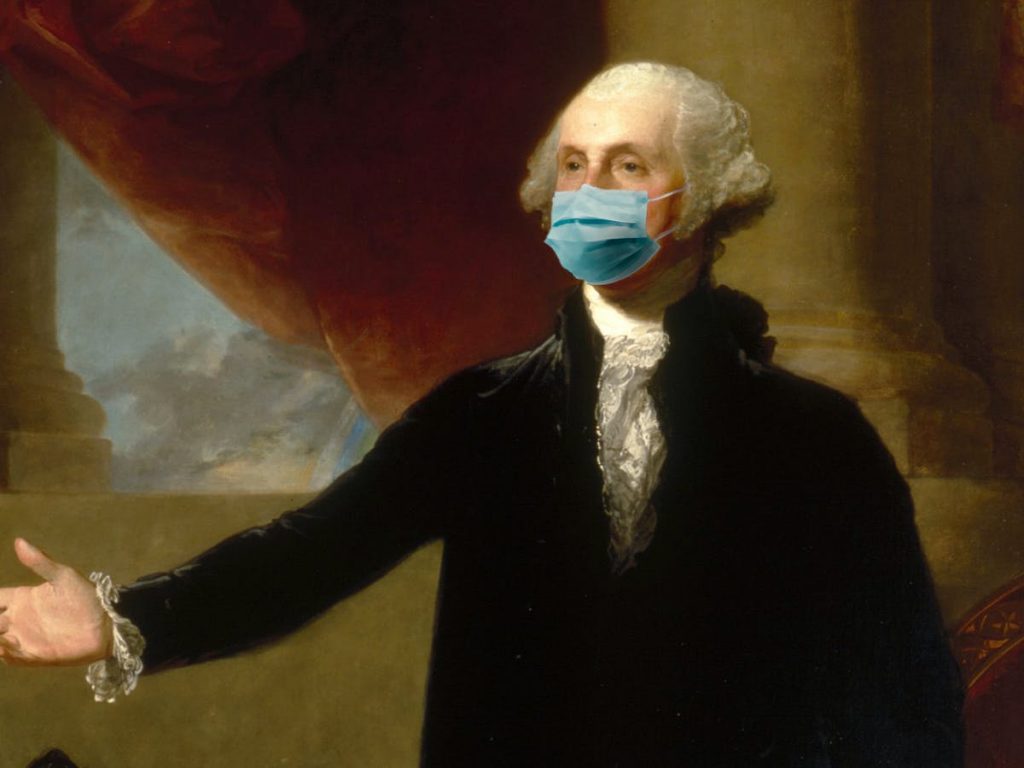
I don’t endorse Charles Murray. But as a man with no reputation points left to lose, he can be a particularly free thinker!
In the early 1990s, Bill Gates was asked what competitor worried him the most. Goldman Sachs, Gates answered. He explained: “Software is an IQ business. Microsoft must win the IQ war, or we won’t have a future. I don’t worry about Lotus or IBM, because the smartest guys would rather come to work for Microsoft. Our competitors for IQ are investment banks such as Goldman Sachs and Morgan Stanley.” Gates’s comment reflected a reality that has driven the formation of the new upper class: Over the last century, brains became much more valuable in the marketplace.
Cognitive stratification among colleges occurred extraordinarily fast. As of 1950, elite colleges did not have exceptionally talented student bodies. By 1960, they did. […] The average Harvard freshman in 1952 would have placed in the bottom 10% of the incoming class by 1960.
The good news was that racial segregation had receded in the aftermath of the civil rights revolution. Racial segregation was still substantial, but the trend had been in the right direction for almost 4 decades. The bad news was that socioeconomic segregation has been increasing.
“Secession of the successful.” [Phrase from Robert Reich]
“SuperZips”
“SuperZips” are certain neighborhoods in New York City, Boston Washington D.C., San Francisco Bay Area, LA, Seattle, Chicago, and a few other major US centers that are magnets for the “new upper class.” Murray argues cognitive stratification in the universities has then lead to increased concentration of cognitive talent in these select zip codes.
The Founding Virtues
“No vice of the human heart is so acceptable to [a despot] as egotism,” wrote Alexis de Tocqueville. “A despot easily forgives his subject for not loving him, provided they do not love each other.”
American industriousness fascinated the rest of the world. No other American quality was so consistently seen as exceptional. Francis Grund made it the subject of the opening paragraph of his book: ‘Active occupation is not only the principal source of [the Americans’] happiness, and the foundation of their natural greatness, but they are absolutely wretched without it….. [It] is the very soul of an American; he pursues it, not as means of procuring for himself and his family the necessary comforts of life, but as the fountain of all human felicity.’
For Benjamin Franklin, this meant that “only a virtuous people are capable of freedom. As nations become more corrupt and vicious, they have more need of masters.” On the other hand, virtue makes government easy to sustain: “The expense of our civil government we have always borne, and can easily bear, because it is small. A virtuous and laborious people may be cheaply governed.”
As [George Washington] put it most simply in his Farewell Address: “Virtue or morality is a necessary spring of popular government.” In their various ways, the founders recognized that if a society is to remain free, self-government refers first of all to individual citizens governing their own behavior.
“Although the travelers who have visited North America differ on a great number of points,” Tocqueville wrote, “they all agree in remarking that morals are far more strict there than elsewhere.”
George Washington put it explicitly in his Farewell Address: “Of all the dispositions and habits which lead to political prosperity, religion and morality are indispensable…Whatever may be conceded to the influence of refined education on minds of peculiar structure, reason and experience both forbid us to expect that national morality can prevail in exclusion of religious principle” It is a nuanced statement, with Washington accepting that it is possible to be moral without believing in a personal God (he probably had Jefferson in mind with that wonderful clause “Whatever may be conceded to the influence of refined education on minds of peculiar structure”) but also saying that you cannot expect a whole nation of people to be that way. John Adams made the same argument less elliptically: “We have no government armed with power capable of contending with human passions unbridled by morality and religion. Avarice, ambition, revenge, or gallantry, would break the strongest cords of our Constitution as a whale goes through a net. Our Constitution was made only for a moral and religious people. It is wholly inadequate to the government of any other.”
A diary of the era records an encounter in which Jefferson is chided for hypocrisy as he walks to church one Sunday “with a large red prayer book under his arm.” Jefferson reportedly responded that “no nation has ever yet existed or been governed without religion. Nor can be. The Christian religion is the best religion that has ever been given to man and I as chief Magistrate of this nation am bound to give it the sanction of my example. Good day sir.” It is a secondhand account and may have been embroidered in the retelling, but the sentiment is consistent with Jefferson’s well-documented admiration for the moral code expressed in Jesus’s teachings. “Of all the systems of morality, ancient or modern, which have come under my observation, none appear to me so pure as that of Jesus,” he wrote, and invested great effort in compiling what became known as the “Jefferson Bible,” the teachings of Jesus stripped of miracles and theology. Benjamin Franklin took the same position. “As to Jesus of Nazareth,” He wrote to Ezra Stiles, president of Yale, “I think his system of morals and his religion, as he left them to us, the best the world ever saw or is likely to see.” He thought that belief in Jesus’s divinity did no harm “if that belief has the good consequences, as probably it has, of making his doctrines more respected and observed.”
By the mid-twentieth century, the idea that school was a place instill a particular set of virtues through systematic socialization had been rejected[…] It came to be tacitly assumed that the American system itself would work under any circumstances as long as we got the laws right.
Industriousness
Murray uses chapters 9-11 to discuss the decreases in marriage rates, industriousness, and religiosity (and increase in criminality) that have dramatically and disproportionately characterized the “lower class” in the last 50 years. Comes through best in charts.
Many backbreaking jobs manual jobs 1960 are now done by sitting at the controls of a Bobcat. Yet the percentage of people qualifying for disability benefits because they are unable to work rose from 0.7% of the size of the labor force in 1960 to 5.3 percent in 2010.
Alternative Futures
Great nations eventually cease to be great, inevitably. Britain goes on despite the loss of its one time geopolitical preeminence. […] “There is a great deal of ruin in a nation,” Adam Smith wisely counseled a young correspondent who feared that Britain was on its last legs in the 1700s. As a great power, America still has a lot of ruin left in it.
But how much ruin does the American project have left? The historical precedent is Rome. In terms of wealth, military might, and territorial reach, Rome was at its peak under the emperors. But Rome’s initial downward step, five centuries before the eventual fall of the Western Roman Empire, was its loss of the republic when Caesar became the first emperor. Was that loss important? No in material terms. But for Romans who treasured their republic, it was a tragedy that no amount of imperial splendor could redeem.
The United States faces a similar prospect: remaining as wealthy and powerful as ever, but leaving its heritage behind.
Europe’s short workweeks and frequent vacations are one symptom of the syndrome. The idea of work as means of self-actualization has faded. The view of work as a necessary evil, interfering with the higher good of leisure, dominates. To have to go out and look for a job or to have to risk being fired from a job are seen as terrible impositions.
The code of the dominant minority is supposed to set the standard for the society, but ecumenical niceness has a hold on the people whom the dominant minority is willing to judge – namely, one another.
That’s what I mean by loss of self-confidence. The new upper class still does a good job of practicing some of the virtues, but it no longer preaches them. It has lost self-confidence in the rightness of its own customs and values, and preaches nonjudgmentalism instead.
Nonjudgmentalism is one of the more baffling features of the new-upper-class culture. The members of the new upper class are industrious to the point of obsession, but there are no derogatory labels for adults who are not industrious. The young women of the new upper class hardly ever have babies out of wedlock, but it is impermissible to use a derogatory label for nonmarital births. You will probably raise a few eyebrows even if you use a derogatory label for criminals. When you get down to it, it is not acceptable in the new upper class to use derogatory labels for anyone, with three exceptions: people with differing political views, fundamentalist Christians, and rural working-class whites.
